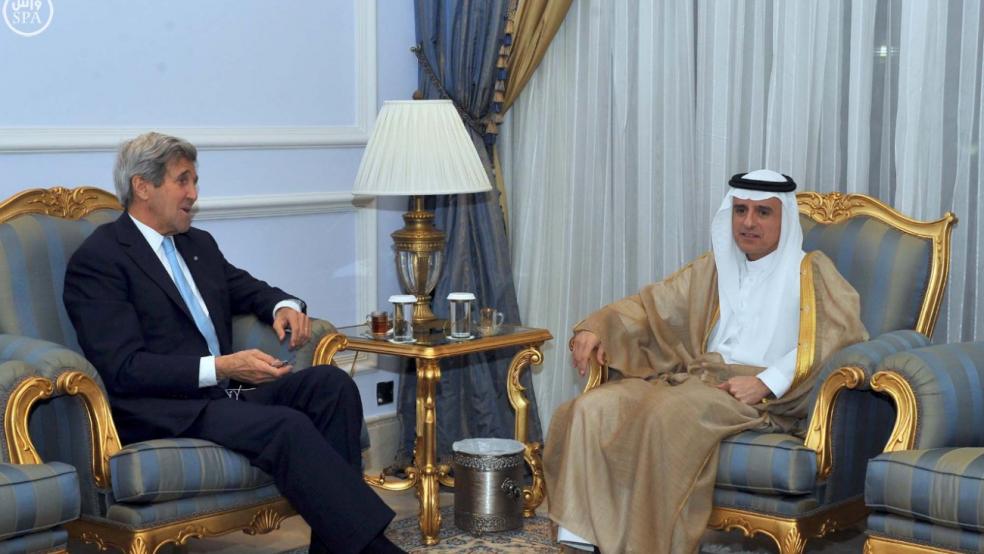Saudi Arabia holds roughly $117 billion of the U.S. government’s debt, according to Treasury Department data that disclosed the country’s holdings for the first time in over 40 years.
The kingdom’s holdings of American Treasury bills have previously been grouped in with the 14 nations that comprise the Organization of Petroleum Exporting Countries (OPEC), like Kuwait and Venezuela. Together, those countries own about $281 billion in U.S. debt, down from $298.4 billion in January.
Related: Egypt, Saudi Arabia sign 60 billion Saudi riyal investment fund pact
A Freedom of Information Act request filed by Bloomberg News led to the Treasury Department breaking down the assets by country. The U.S. started releasing data on foreign ownership of Treasuries in 1974, but had never specified how much Saudi Arabia holds.
The $116.8 billion Saudi Arabia owns puts it in the top 12 foreign nations with holdings of U.S. debt, falling between India and Singapore. Its total pales in comparison to China’s whopping $1.3 trillion and Japan’s $1.1 trillion.
Saudi holdings of Treasuries peaked at $123.6 billion in January, the data released Monday show. The numbers were made public as part of the Treasury’s regular monthly reports.
The disclosure comes during an unusually tense time in U.S.-Saudi relations. Last month Saudi officials warned the country would sell off $750 billion worth of Treasuries and other assets in the states if Congress approved a bill that would allow the monarchy to be sued in American courts for any role in the Sept. 11, 2001, terror attacks.
Related: The Mysterious 28 Pages on 9/11 That Everyone’s Talking About
Officials in Washington and Riyadh were already on edge because President Obama is said to be seriously considering declassifying 28 pages of a congressional report into the 2001 attacks that some say indicate the hijackers, 15 of whom were Saudi Arabian, received support, explicit or otherwise, from the country’s vast royal family.
Intelligence officials have been reviewing whether to make the pages public since 2014 and are due to deliver a recommendation to the president. Whatever the recommendation, the White House has said Obama could ultimately use his executive authority to make the pages public.
The Treasury Department’s disclosure answers one of the questions surrounding the relationship between the two countries and shows that the monarchy, while an important player in the U.S. financial system, doesn’t have as much leverage as many likely believed.





